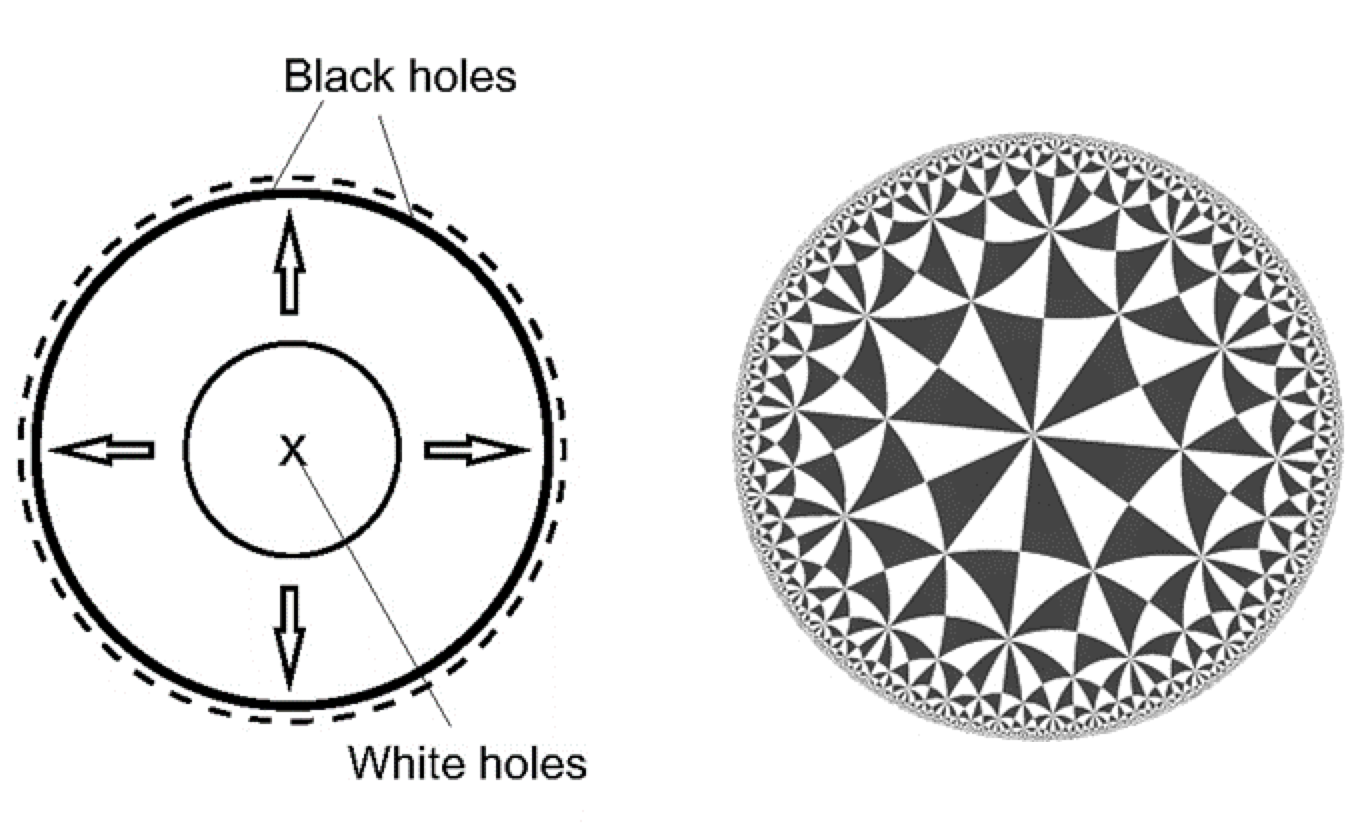Naked mole rats are small,
subterranean rodents native to parts of East Africa. Unlike most mammals that
experience a decline in physical and cognitive function as they age, naked mole
rats remain healthy and active throughout their unusually long lifespan, exceeding 30 years. Consequently, these animals have garnered significant
attention in the scientific community due to their unique ability to defy
aging.
One key factor contributing to the naked mole rats' longevity is their low metabolism. Naked
mole rats have a slower metabolic rate than other rodents, which means they burn energy more slowly and generate less oxidative stress. Oxidative
stress is a type of cellular damage that is thought to contribute to aging and
age-related diseases. By causing less oxidative stress, naked mole rats may
be less prone to age-related decline that are common in other
mammals.
In addition to their low
metabolism, naked mole rats also have an unusually high cellular repair mechanism. These mechanisms help to keep their cells functioning
optimally, even as they age. Naked mole rats also can
regenerate their tissues, which may help maintain their overall health and
prevent age-related decline. Nevertheless, further research is needed to fully
understand the mechanisms that allow these animals to age gracefully and whether
their unique abilities can benefit humans.
The naked mole rats'
exceptional longevity and health give us valuable insights
into the aging process and help discover new ways to promote human health and longevity.
Read the whole article:
Naked Mole Rats Defy Aging. One Scientist Has Dedicated Her Career to Finding Out How.Image credit: Naked mole rat at the Atlanta Zoo.
Copyright © 2022 by Eva Deli

